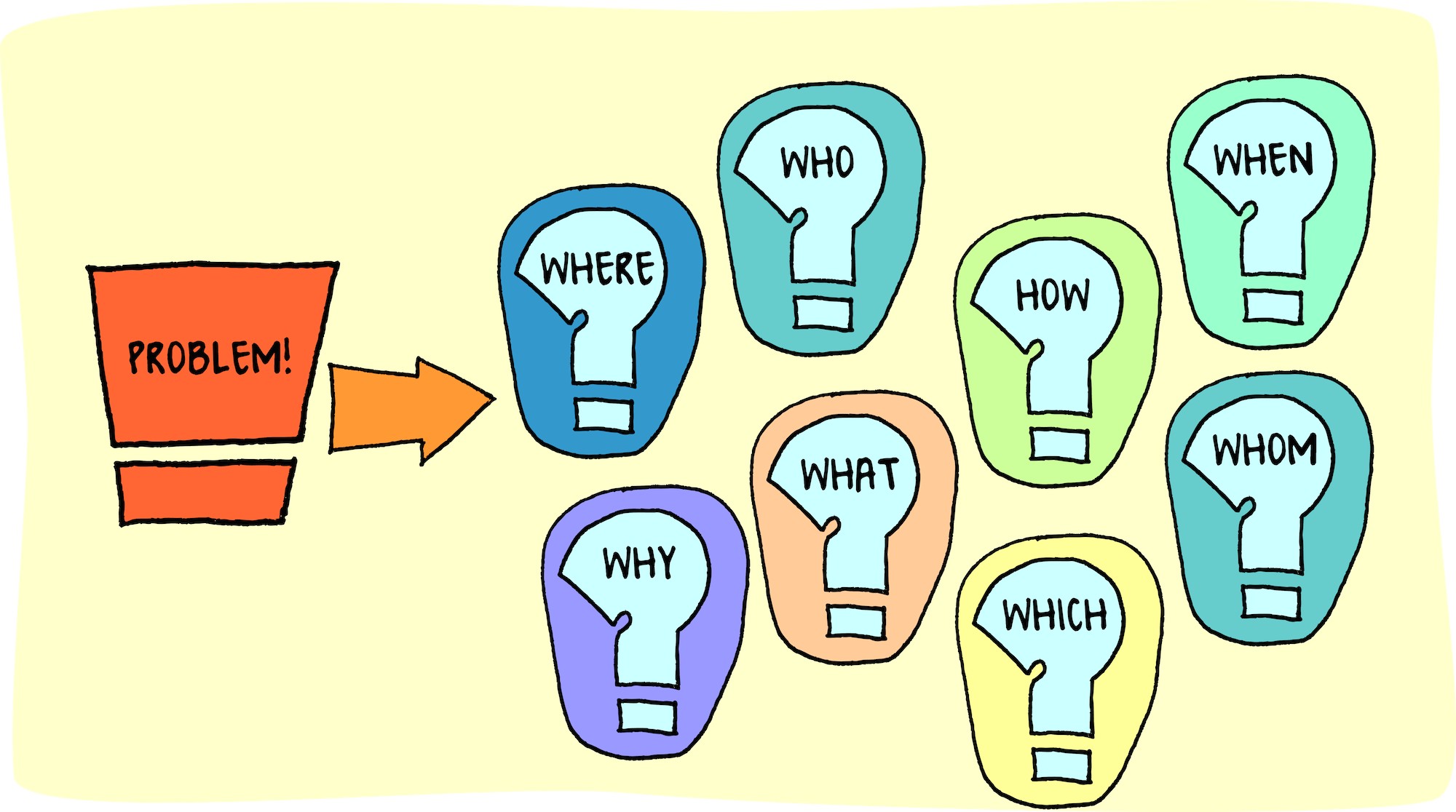In today’s fast-paced, constantly evolving business environment, problem-solving skills have become more critical than ever before. The sheer complexity of modern challenges, combined with rapid technological advancement and shifting market dynamics, means that organizations can no longer rely solely on rigid processes or standard solutions. Instead, they must foster individuals and teams who can think critically, adapt quickly, and innovate effectively when faced with unexpected obstacles. The ability to navigate ambiguity and devise practical solutions is no longer just a nice-to-have skill; it has emerged as a fundamental driver of business success.
One of the most compelling reasons problem-solving skills have gained heightened importance is the accelerated pace of change across industries. Consider how digital transformation has disrupted traditional business models in sectors ranging from retail to finance. Organizations now encounter challenges that are unfamiliar and multifaceted, requiring creative thinking beyond established playbooks. For instance, the rise of e-commerce compelled many brick-and-mortar retailers to rethink their customer engagement strategies, supply chain logistics, and even product offerings. Those who could not adapt or solve problems swiftly often found themselves at a disadvantage or forced out of the market. This example underscores how problem-solving is not just about fixing issues after they arise but proactively anticipating and addressing them before they escalate.
Moreover, the growing interconnectedness of global markets has amplified the complexity of problems companies face. Supply chains stretch across continents, regulatory environments differ widely, and cultural nuances influence consumer behavior. Each of these factors adds layers of unpredictability, requiring leaders and employees to exercise strong analytical and problem-solving capabilities. Take the case of a manufacturing firm managing disruptions caused by geopolitical tensions or sudden regulatory changes. Success depends on the ability to quickly assess risks, identify alternative sourcing options, and implement contingency plans—all of which hinge on a team’s collective problem-solving capacity.
The rise of remote and hybrid work models also plays a role in elevating the value of problem-solving skills. Distributed teams often face communication barriers and coordination challenges, making it imperative for individuals to solve problems independently or collaboratively without the benefit of immediate supervision. In such environments, those who can break down complex issues into manageable parts and find innovative solutions become invaluable. For example, a project manager working remotely may need to resolve technical glitches or scheduling conflicts by leveraging available resources and clear communication, ensuring the project remains on track despite physical distance.
Another dimension that highlights the growing importance of problem-solving is the emphasis on innovation as a competitive differentiator. In a market where products and services rapidly become commoditized, the ability to solve problems creatively can lead to breakthrough ideas that redefine industries. Companies like Tesla and Amazon exemplify how innovative problem-solving propels them ahead of competitors. Tesla’s approach to electric vehicles involved not only engineering solutions but also reimagining supply chains and consumer experiences. Amazon continually solves complex logistical problems to offer faster delivery and personalized shopping, setting new standards for customer expectations. In both cases, problem-solving acts as the engine driving transformation and market leadership.
From an individual career perspective, problem-solving skills are increasingly sought after by employers because they signal a candidate’s capacity to contribute meaningfully to an organization’s growth and resilience. Employees who can analyze challenges, weigh alternatives, and implement effective solutions tend to advance faster and assume leadership roles. Consider a software developer who encounters a persistent bug; beyond technical knowledge, their ability to troubleshoot, test hypotheses, and collaborate with peers to resolve the issue demonstrates problem-solving prowess that benefits the entire team. Similarly, marketing professionals who identify underperforming campaigns and pivot strategies using data-driven insights exemplify this critical skill.
Importantly, problem-solving is not a singular skill but a dynamic process that combines critical thinking, creativity, emotional intelligence, and effective communication. It requires the ability to dissect problems objectively, understand underlying causes, and anticipate the potential impacts of various solutions. Emotional intelligence plays a role in managing stress and collaborating productively, especially when stakes are high or opinions differ. Effective communication ensures that solutions are implemented smoothly and stakeholders remain aligned. This holistic approach distinguishes excellent problem-solvers from those who merely react to symptoms without addressing root causes.
The educational landscape and professional development programs reflect this growing emphasis on problem-solving. More organizations incorporate scenario-based training, simulations, and cross-functional projects that challenge participants to tackle real-world problems collaboratively. These initiatives not only sharpen analytical skills but also foster adaptability and resilience. For instance, leadership development workshops might present teams with hypothetical crises requiring rapid, innovative responses, mirroring the unpredictable nature of business challenges. Such experiences prepare employees to face uncertainty with confidence rather than hesitation.
In summary, the increasing complexity, uncertainty, and competitive pressures shaping today’s business world make problem-solving skills indispensable. Organizations that cultivate and value these skills stand to gain agility, innovation, and sustained success. On a personal level, professionals who master problem-solving position themselves as essential contributors capable of navigating challenges with insight and creativity. Ultimately, in an era where change is the only constant, problem-solving is the anchor that steadies businesses and individuals alike, enabling them to not only survive but thrive.




